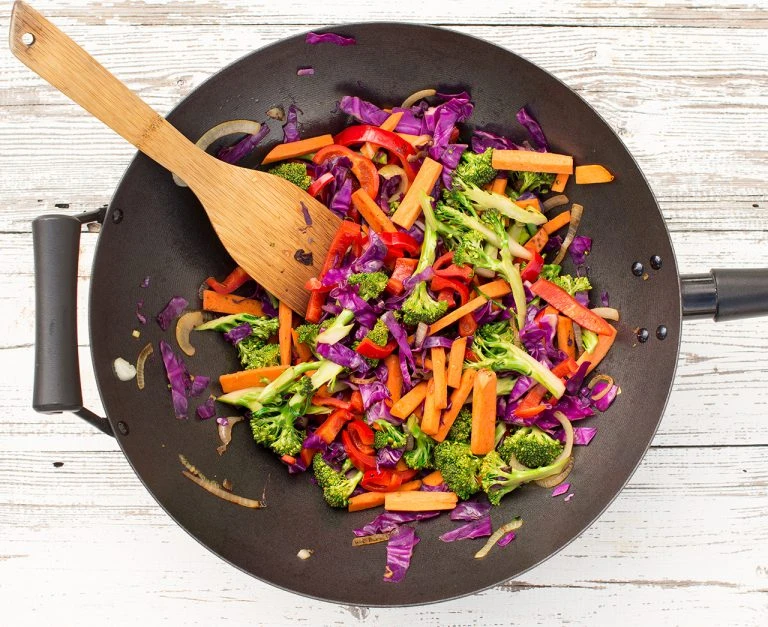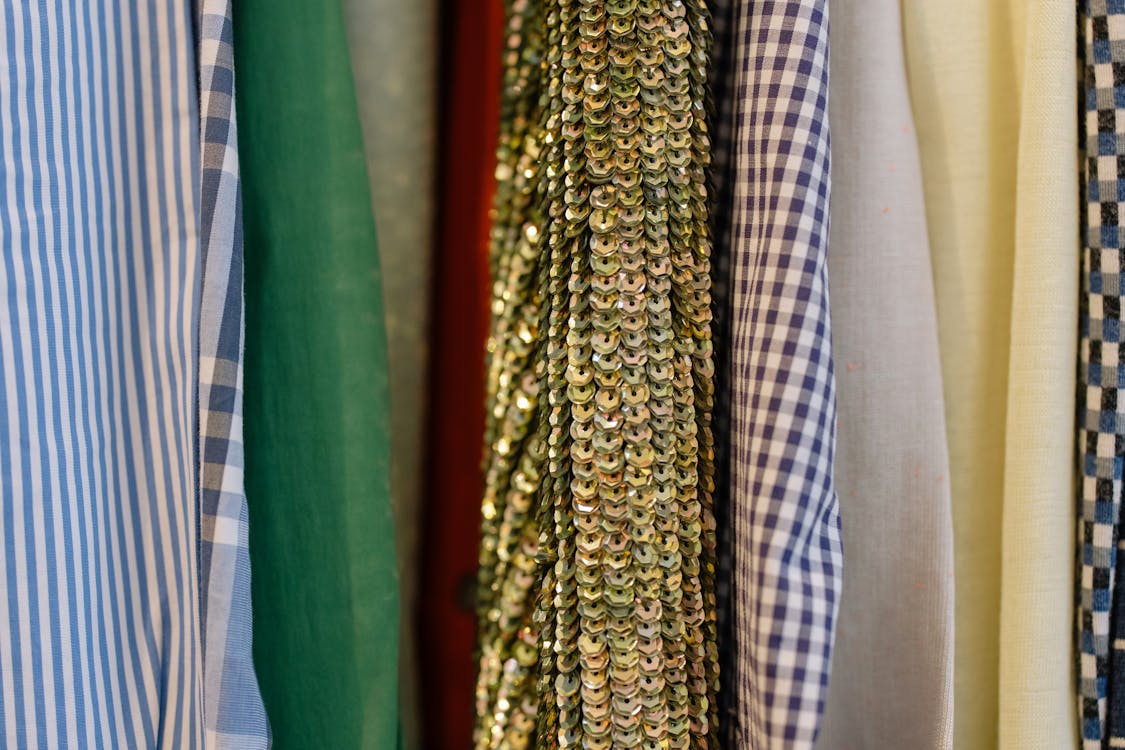Want to save the planet? Of course, you do! We all want to do our part to be kinder to the environment with a more sustainable lifestyle.
There’s so much information out there, so it’s understandable if you’re not sure where to start. If you’re trying to be more conscious about how you much you consume and want to learn more about environmental sustainability in the Caribbean, listen to The Climate Conscious podcast hosted by Derval Barzey.
While you may think that you might have to do a complete overhaul, there are several simple changes or habits that you can start introducing into your everyday life that can have a powerful effect when it comes to producing less waste, improving our communities, and saving money. This list is by no means finite, but instead baby steps towards reducing your impact on the environment.
1. Reduce your meat intake

We get it: the thought of passing up that portion of bacon sounds unfathomable. And you know what, it’s okay if you’re not ready to go full vegetarian or pescatarian. Instead, you can reduce your meat intake by going meat-free one day per week or trying creative meatless recipes at home. Consider this: it’s been widely documented that livestock farming is a significant contributor to climate change and deforestation worldwide. In fact, it’s responsible for 14.5% of all greenhouse gas emissions, while dairy and red meat production account for 65%. Choosing meat- or dairy-free options can go a long way in making an impact. If you’re considering a vegan lifestyle and not sure where to start, check out the advice from these women on how to switch.
2. Go natural with your skincare routine
This one should be easy! There are scores of local brands that offer all-natural products that are organic, cruelty-free, vegan and environmentally friendly. After you’ve completed your skin regimen, you can also step it up a notch with your oral care by getting rid of your plastic toothbrush for one made of bamboo.

3. Invest in local fashion brands that are made to last
Have you ever considered how the pieces from some of your fave international fashion brands are made? The fast fashion industry has been growing at an exponential rate but is a major contributor to high pollution rates, utilise synthetic and low-quality fabric and heavily rely on a cheap labour force who work in inhumane conditions. Because garments are cheaply made, they aren’t built to last, creating a nasty cycle of waste. That said, the concept of “shop local” is way more than a hashtag. If you want to reduce your own personal wastage when it comes to clothing, shop from ethical and sustainable fashion brands in Trinidad & Tobago that produce pieces that are made to last. Brown Cotton Caribbean, Meiling Basics, Christian Boucaud, Nwannia and Bene Caribe are just a few local names who offer beautiful every day to Avant-Garde pieces designed to stand the test of time.
4. …Or start thrifting

Shopping at thrift stores, or thrifting, is a simple and easy way to go green. Whether you want to stay on top of the latest trends or express your individuality with unique and vintage clothing, thrift shopping allows you to curate a wardrobe that’s completely one-of-a-kind and score high-quality items at a great bargain. You can dig for local finds through online stores like Arkyves.
5. Use environmently-friendly cleaning products
It’s no secret that a number of commercial cleaning products contain harmful chemicals that aren’t good for you or the environment. They can pollute streams and rivers if and may take a long time to degrade into harmless products. Some may not break down at all and seep into the environment. If consumed or absorbed through the skin, they may have toxic effects, cause cancer or cause birth defects. The GoodLife Company TT offers a range of household cleaning products and accessories that don’t include harsh chemicals and are safer for you and the environment. Bonus: they have products designed specifically for pets!
6. Ditch commercial tampons and use a menstrual cup
Did you know that an individual goes through approximately 11,000 disposable pads and/or tampons in their lifetime? When you multiply that by millions of people, the waste can add up pretty quickly, plenty of which just sit in landfills but also in our oceans, rivers and beaches. On the flip side, reusable menstrual cups (which are made of silicone) are durable and designed to last a long time (up to five years!) which means you’re not contributing more waste to the environment and save money. Also, you know how the instructions for tampon usage strongly advise against long wear to avoid Toxic Shock Syndrome? Well, because menstrual cups collect rather than absorb blood, it means that they’re safer than tampons, and can be worn for longer. Cups not your thing? Brands like Harmony Eco Products also offer washable cotton pads!
7. Reduce your usage of plastic utensils
The stats on the impact of single-use plastics on the environment is staggering and depressing. Globally, over 300 million tonnes of plastic–half of which are single-use items–produced every year. Eight million of that amount is dumped into our oceans which pollute the waters and kill marine life. If you’re dining out or grabbing food on the go, instead of using plastic utensils, why not bring your own set with you? Bamboo or metal straws and utensils are not only reusable but also go a long way in reducing single-plastic usage. The sea turtles will thank you for it!

